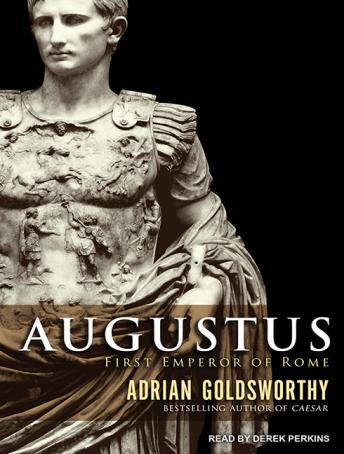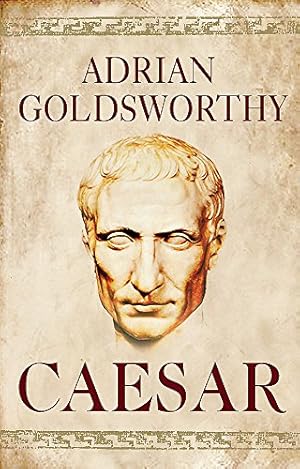

Later historians like Livy, Plutarch, Cassius Dio and Suetonius also shed light on this Roman age, from which we can read about Julius Caesar. Apart from Caesar’s own biographical works, there is rich literature from his contemporaries like Cicero and Sallust still available today. Caesar became Dictator in 49 and retained it till his assassination in 44.įirst century BC Rome is one of the most documented time periods in human history. But such an office was time bound and had to be relinquished once the crisis was done. In times of emergency like drought, flood or war, the Senate appointed a Dictator to handle it, since it would take more time for the two Consuls to coordinate decisions between them.

One office of the Republic that was misused was that of the Dictator. From there, the Republican norms of Rome started to deteriorate a lot. That changed towards the end of second century BC, when Gaius Marius got elected as Consul five consecutive times. So, they had two Consuls sharing power, elected annually and for most of Rome’s Republican history, re-elections were exceptions. The Roman Republic was very particular about not having a single official with complete authority. Paradoxically though, Caesar was never a monarch in his lifetime, though he wielded a monarch like position. Later, variations of Caesar like Tsar and Kaisar were used by Bulgars, ‘Rus and Germans to represent monarchs. From the later part of third century, Caesar was used as the title for the junior emperor or an heir in waiting. His successors used both Caesar and Augustus as names and titles. It was his adopted son / grand nephew, Octavianus, that took the name Imperator, which became Emperor over time, when he founded the Principate (Roman Empire) in 27 BC.

The name Caesar is synonymous with Emperor. Many have written about Julius Caesar, but Adrian Goldsworthy’s nearly 700 page biography of the Emperor in name, but not in title, has to be the most detailed overview of his life. Never the less, it is one of the most recognizable lines from Shakespeare’s plays.

“Friends, Romans and countrymen, lend me your ears”, William Shakespeare wrote in his play on Julius Caesar, attributing it to Caesar’s general, Marcus Antonius (Mark Antony), though it is unlikely Antonius ever said those words, even in Latin.


 0 kommentar(er)
0 kommentar(er)
